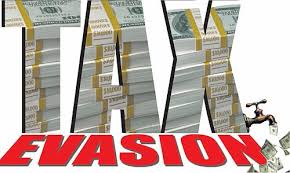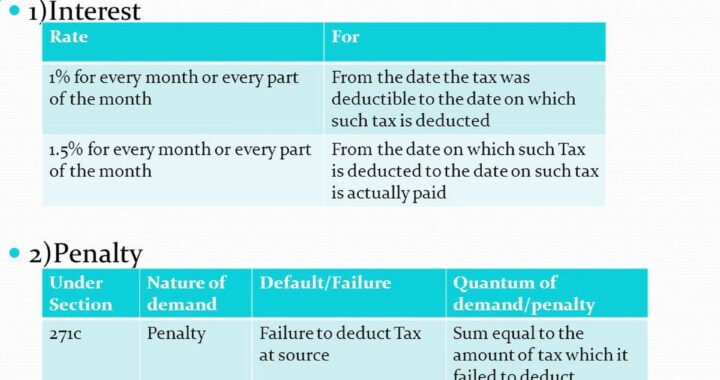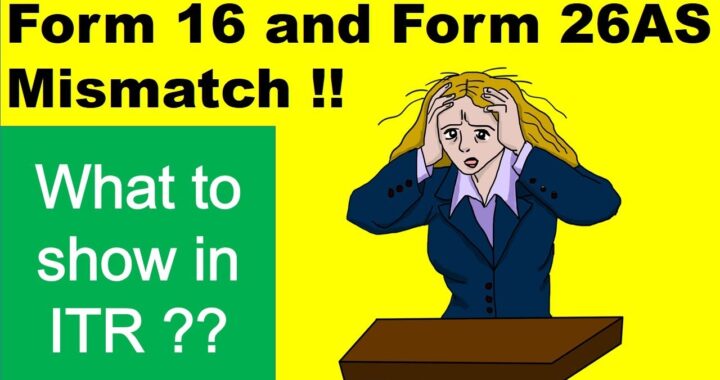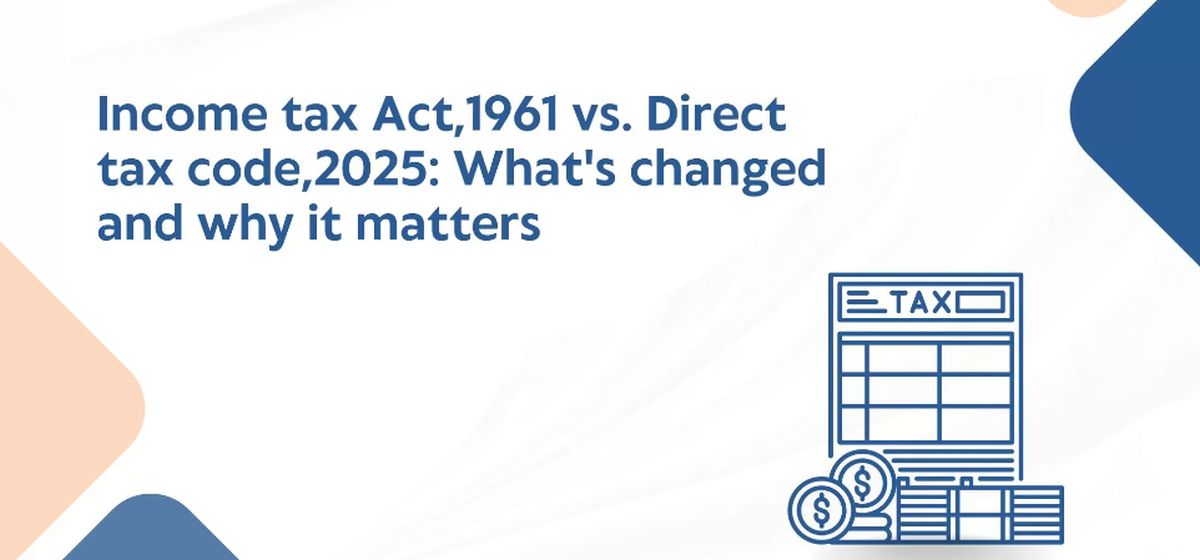Consequences of Evading Income Tax
 People have the liberty to self assess their income and then pay taxes. But it does not mean that you can evade taxes and expect to get away with your income.
People have the liberty to self assess their income and then pay taxes. But it does not mean that you can evade taxes and expect to get away with your income.
Tax evasion as an illegal act:
Tax evasion is an illegal act which involves not filing income tax returns or misrepresenting the amount of tax which is payable. It is not same as tax avoidance which is legal as one can rightly use tax laws to decrease the amount of tax which is payable.
When is penalty imposed?
Income tax returns are scrutinized when the income tax authorities are of the opinion that there is evasion of tax. If the authorities feel that there is a deliberate concealment of income for the purpose of decreasing tax liability, penalty is imposed.
Purpose of scrutiny:
Scrutiny includes evaluating the income tax return for its truthfulness. The Assessing Officer goes through the returns filed and examines the relevant documents like bank statement, Form 16 etc. to verify if there is any difference in tax liability assessed by the assessee and the actual tax liability.
The Assessing Officer requests the assessee to furnish all bank account statements, credit card statements, Form 16 and other relevant documents for the scrutiny process. A scrutiny notice is sent within a year from the month in which the returns are filed.
There is a standard format of the notice containing all necessary details of the assessee and the date on which the assessee has to appear before the Assessing Officer.
The assessee is not required need to attend the meeting in person. He can send any authorized representative to plead his case, which is normally chartered accountant of the assessee.
Penalty imposed:
If the Assessing Officer finds out that you have concealed income, he will impose a penalty which can be up to 3 times the amount concealed. It means that if someone has evaded an amount of Rs. 10,000, he will be charged a penalty ranging from Rs. 10,000 to Rs. 30,000.
How to avoid penalty?
Many salaried persons think that as Tax is deducted at their source for salary when it crosses a particular limit, their tax liability is nil. This may not be the case always.
There are many kinds of income, where tax is not always deducted at source, like interest on Post office savings, interest on bank savings, income from rent of property, etc.
Hence before filing an income tax return make sure you have taken into consideration all the above factors. It is better to be cautious at the time of filing returns as if your return is chosen for scrutiny due to any kind of anomaly, apart from the financial burden of penalty, you will have to suffer from a lot of anxiety as well.
Procedure followed by the authorities if someone avoids communications:
If someone avoids the letters or calls of the income tax authorities, they will take money through the following methods –
(i) Retaining the credits or refunds due to the assessee;
(ii) Taking money from the bank accounts of the assessee.
(iii) Placing liens on any property owned by the assessee.

 Can an assessee pay House Rent to his parents and claim relief? Would there be any legal complications?
Can an assessee pay House Rent to his parents and claim relief? Would there be any legal complications?  Boost Your Business & Reduce Taxes: A Guide to Maximizing Benefits Under Section 80JJAA
Boost Your Business & Reduce Taxes: A Guide to Maximizing Benefits Under Section 80JJAA  What is remedy to taxpayer if the Tax deductor fails to deposit the TDS or fails to file TDS Return
What is remedy to taxpayer if the Tax deductor fails to deposit the TDS or fails to file TDS Return  What is Income Tax Liability on Income from trading in Future and Options
What is Income Tax Liability on Income from trading in Future and Options  The Importance of Filing Your Income Tax Return on Time: A Financial Must-Do
The Importance of Filing Your Income Tax Return on Time: A Financial Must-Do  Is Addition made by Assessing officer on basis of mismatch between AIR and F26AS Justified
Is Addition made by Assessing officer on basis of mismatch between AIR and F26AS Justified  Major Changes Expected in Direct Tax Code 2025 and why these matter
Major Changes Expected in Direct Tax Code 2025 and why these matter